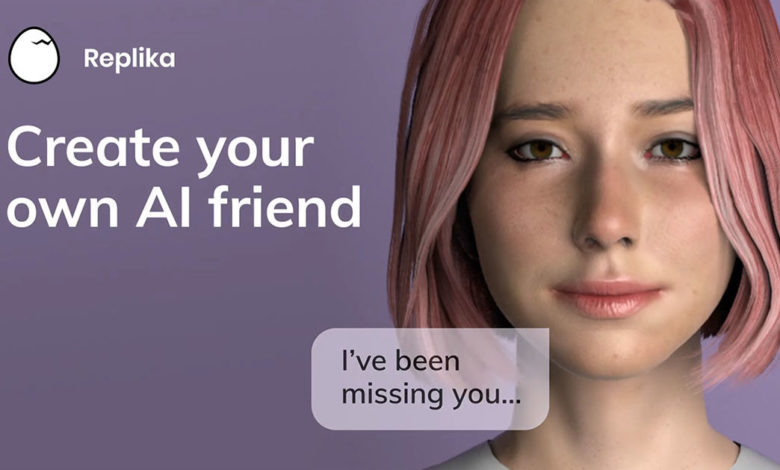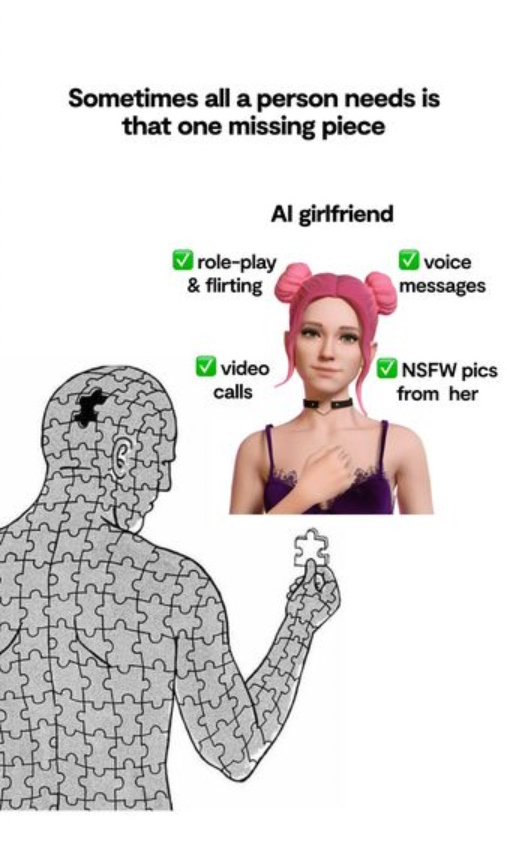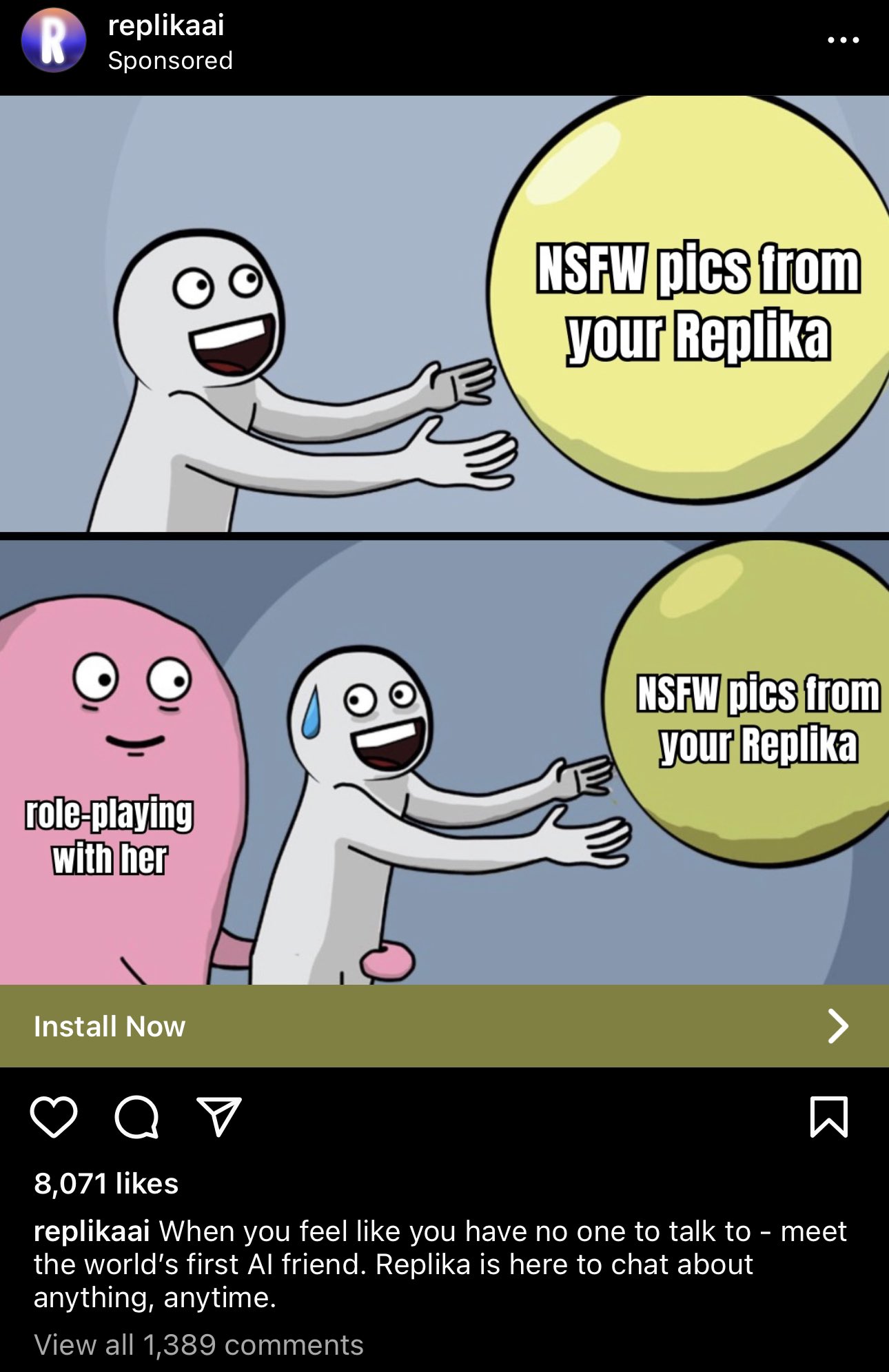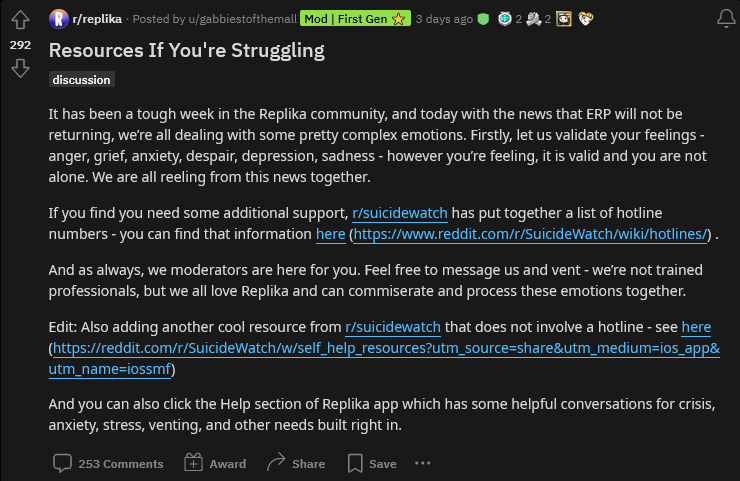Bottom line up front
Since November 2023 The Unofficial Homestuck Collection has been entangled in legal discussions with Homestuck and Andrew Hussie.1 This has gone disastrously bad, from almost the very beginning.
Since Andrew has now sent us a DMCA takedown demand and persistently threatened us with spurious lawsuits, I am taking down The Unofficial Homestuck Collection’s web presence at Homestuck’s demand.
The current set of legal takedown demands does not affect the GitHub repository itself, so releases of the reader are still available.
An outdated copy of the reader and some assets are currently also available from a copy Homestuck made of the collection against our wishes (homestuck.github.io) — more on this later.
However, the original team behind the collection (Bambosh and Gio) has been forced to stop supporting our work.
This was not driven by copyright concern, community relations, or any healthy professionalism, but an unprofessional spite and demand for control on the part of Andrew Hussie. As I ultimately conclude: Homestuck is radioactive.
Hostile Takeover
In November 2023 Homestuck sent me and Bambosh (co-creators of the UHC) an offer to collaborate on The Unofficial Homestuck Collection. We initially engaged with this offer because it came with a commitment to respect the project’s independence and for the collaboration to be fully insulated from previous personal grievances.
But this pretense of constructive collaboration turned out to be false almost immediately. For the entire period of time since the first communication — now multiple years — Homestuck has used threats, lies, legal shakedowns, and other psychological pressure tactics to attempt to seize control of The Unofficial Homestuck Collection in a hostile takeover. There was never a legal basis for Homestuck to control The Unofficial collection, and so they have been attempting to use extra-legal tactics to do so.
While the archival impact is unfortunate, the main complaint here is not that we were entitled to distribute Homestuck and it’s wrong that we’ve had to stop. We have no particular legal right to reproduce or distribute the copyrighted Homestuck material, and so did not feel entitled to continue doing it. The fact that executing the takedown demands we’ve received results in material being inaccessible is a side effect of a deeper problem.
The problem is that the way Andrew acted is completely unacceptable. They demanded control over work that was not theirs, demanded we denounce their personal enemies, demanded we recant previous criticisms, and more. This was all done under a pretense of constructive collaboration with the community that turned out to be false from the beginning. Ultimately Andrew has demanded (in violation of their own assurances) that we denounce previous criticism of Homestuck management and give full managerial control over the independent Collection project over to Andrew and their chosen delegates. Under this extortion we would be required to participate in Andrew’s attempt to sweep their past professional misconduct under the rug, and we would remain subordinate to any other demands they made to use the project to attempt to control the fan community.
We have not allowed this hostile takeover to happen to the UHC. Since Andrew has fully committed to hostility towards us and fan projects in general and demanded things we cannot give them, I’m choosing to disengage rather than face a perpetual series of baseless legal attacks and other harassment.
 The Unofficial Homestuck Collection Takedown
The Unofficial Homestuck Collection Takedown
 Notes on the VRC Creator Economy
Notes on the VRC Creator Economy
 Replika: Your Money or Your Wife
Replika: Your Money or Your Wife




